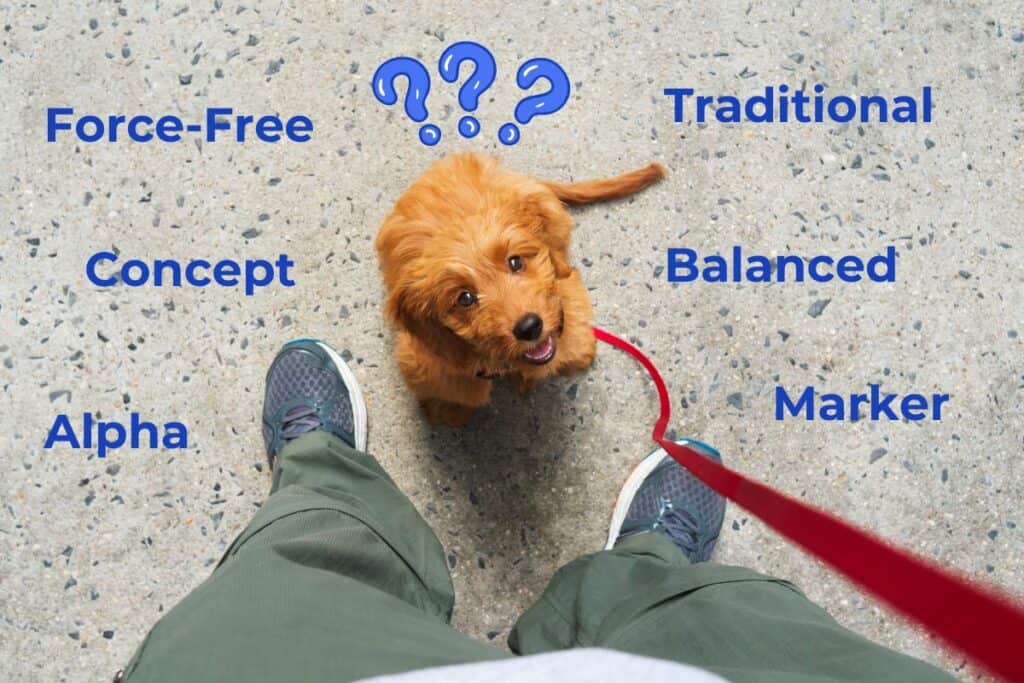Our Spring Canine Statements
Our Spring Canine Statements
Blog Article
The 8-Second Trick For Spring Canine
Table of ContentsNot known Details About Spring Canine 6 Easy Facts About Spring Canine ShownSpring Canine Things To Know Before You BuyFacts About Spring Canine UncoveredSome Known Facts About Spring Canine.
Canines in the wild obey the regulations of the pack. These rules serve them well in that circumstance however we've asked to deal with us and our rules should now be followed. It is absolutely possible to have a trained dog that is still a pet and we need to beware to educate them as pets and not kids.But there are a couple of pet training essentials to take into consideration first. The objective of training is to have a genteel pet dog who is confident and relaxed. Educating reasserts your function as alpha and this makes your canine much more comfy with his area in the pack. The goal of training is not to rob your pet of his wacky high qualities such as mischievousness and clowning.
Dogs can start training as early as 3 months. Prior to that, their emphasis is not great sufficient. Training a pup can be a difficulty in the beginning yet if you start with basics such as "Sit!" and "Remain," your pup will certainly learn promptly. Older pet dogs can certainly be educated and though they might be slower with the uptake, their calmer temperament makes training much easier. Though it is valuable to supplement with books and videos, your dog must attend at the very least a basic obedience class.
Rumored Buzz on Spring Canine

This will relax your canine and provide him confidence. As an instructor, be regular and develop a training regimen for you and your canine.
It's far better to do 2 fifteen minute sessions daily than one half-hour session. Many obedience training approaches today make use of favorable support. Some use it solely while others integrate it with modification. Selecting an approach depends upon which technique you are most comfortable with, bearing in mind your pet dog's personality.
Some Known Facts About Spring Canine.
Leave the day's aggravations out of the session. Image Credit: 825545, Unsplash The modern version of typical training actually started with Barbara Woodhouse in the 1950s. This technique makes use of physical corrections to educate a dog. If you tell your canine to rest and he remains standing, you may offer a gentle jerk on his collar or choke chain while pressing down his rump.
This technique is thought about to be dated by numerous modern-day trainers however you'll find that some pet dogs (like that bull-headed Pit Bull) might reply to this after failing with positive reinforcement training. This is one of one of the most popular current kinds of pet dog training and was presented by Karen Pryor.

Fascination About Spring Canine
This is another positive support method yet the motivation is not the association with the clicker, however some kind of benefit. The incentive can be a preferred plaything, food, or anything he likes (other than the pet cat). When you offer the reward, you need to applaud your canine in a high pitched encouraging voice.

A canine that is being aggressive towards another pet can be fixed by using a clawed hand to his neck. This resembles what his mommy would have done in the wild. This approach requires some research right into the actions of dogs yet it can produce a really tight bond in between you.
You could additionally be interested in learning about the cognitive functions of pet dogs. This will certainly aid you recognize just how your dog thinks and will make training simpler.
Facts About Spring Canine Revealed
When bringing a brand-new pet home, it may be overwhelming to think of training. https://www.mixcloud.com/springcanine/. There are a few various kinds of training methods to try, however which one is ideal for you and your dog? Here are just a few of the different kinds of pet training methods: In positive reinforcement training, the fitness instructor awards the pet forever behavior
Fitness instructors will then overlook negative habits or keep treats when a dog does not act well. * (Amazon Affiliate Link) to signify promptly when a pet dog has done something good. Australian Shepherd.
Report this page